In New Zealand, there’s a growing number of Kiwis who’re looking to run solar panels and drive electric. There’s a natural crossover of these two environmentally friendly power choices. At Meridian, we offer plans for both solar and EV use, and help households and businesses introduce these technologies. In this guide, we’ll help you get started in your planning to have solar and EV in the home.
How to integrate home solar and an EV
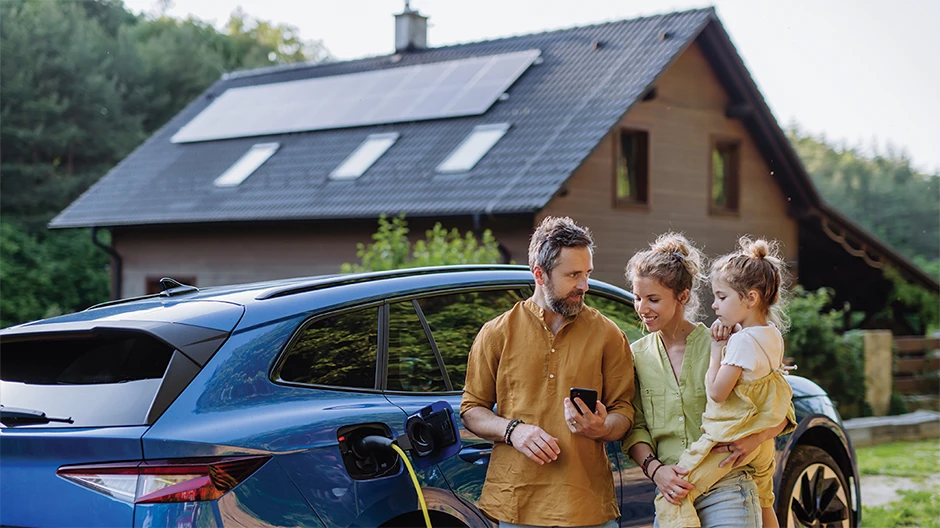
Why are New Zealand homes adopting both solar and electric vehicles?
While still a relatively small number, the adoption of solar panels and EVs is growing. Combining the two and using the sun’s energy to at least partially charge an EV offers convenience, reduced power bills and potentially – depending on the lifetime usage and upfront cost of both – some real savings.
Households are choosing to adopt solar and EV together for many other reasons, including:
- Reducing the impact on the environment through a renewable energy source (solar) and no major emissions (EV).
- Being more energy independent – the popular idea of ‘living off the grid’ can be attractive and these technologies help get towards this.
- Taking a future-thinking approach – getting ahead of EV mass-adoption and the benefits of solar energy like selling to the grid and keeping power on even during an outage.
Is your home right for solar?
Many homes across the country are capable of taking solar panel systems, although there may need to be some initial work done before installation.
First, your rooftop will need to be in a great condition. It’s a bit of a process removing solar panel equipment to replace an old roof. A professional solar installer will be able to help you know if the roof needs any attention when they initially assess your home. It’s not just roof condition that needs to be considered though. The roof’s exposure to direct sunlight and any shady patches will be part of planning effective solar installation.
Once solar energy is collected, it will need to be efficiently converted and sent into your home as electricity. Before getting solar, it’s worth having a qualified electrician over to assess the state of your wiring, power box and other components. A solar provider will also assess the electricity in your home before proceeding.
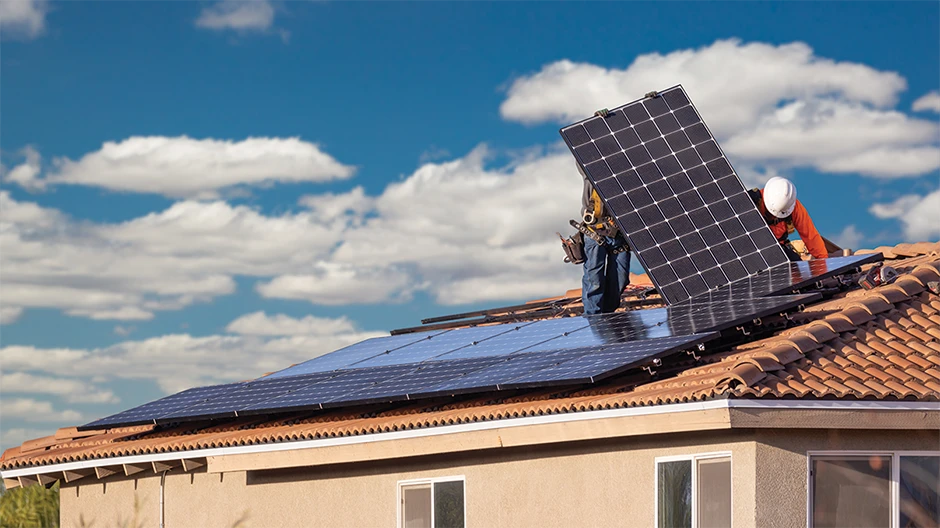
Considering EV needs and solar power
Knowing how much of your EV charging can be done by solar-generated power depends on a few factors. These include the range of your EV, its battery capacity and charging speed. Your driving habits will also determine how frequently you need to top up. This usage can be compared to the estimated or actual solar power you’ll be generating. You may also want to consider battery storage as part of the solar power system, to store excess for night charging.
Because solar power varies over the day, it can be tricky to practically charge an EV from a typical home solar installation alone. Usually, solar will contribute to the home’s power supply, reducing the demand on the grid and making it cheaper to charge your EV – once the initial set up costs are covered.
A charging strategy that makes the most of the sun
While it might be hard to charge your EV entirely off solar, it can certainly make a difference to what you pay for power. You can make use of generated solar electricity during the day if you’re around at home, which is great for not relying upon stored solar in the evenings.
The technology in this space is continually improving, and there are some great approaches to using daytime solar energy, as it's being produced through the help of smart charging. With certain configurations of solar power, charging can be resumed and paused based on the level of solar energy being generated at any given time. Should the sunlight not be working hard enough, the charging will stop (or divert to standard grid-supplied power).
If you’re not around at home during the day, then a battery to store your solar might be a worthwhile option to explore. That way you are capturing as much of the available UV energy as possible, and can even export excess solar to the grid to bring your power bill down.
Monitoring your usage
Achieving the absolute best performance from your solar and EV requires a bit of testing and learning. As you start to monitor your solar production, general power consumption and the charging demands of your EV, you will be able to determine how much you can rely on off-grid energy.
Many solar power systems today come with a companion app that gives owners detailed information on generation and use historically and in real-time. They’re also useful if there’s a battery installed with your solar. Electric vehicles similarly have apps that manage charging and other diagnostics.
Together, your usage data and other metrics can help to fine tune how you integrate solar into an EV charging scenario.
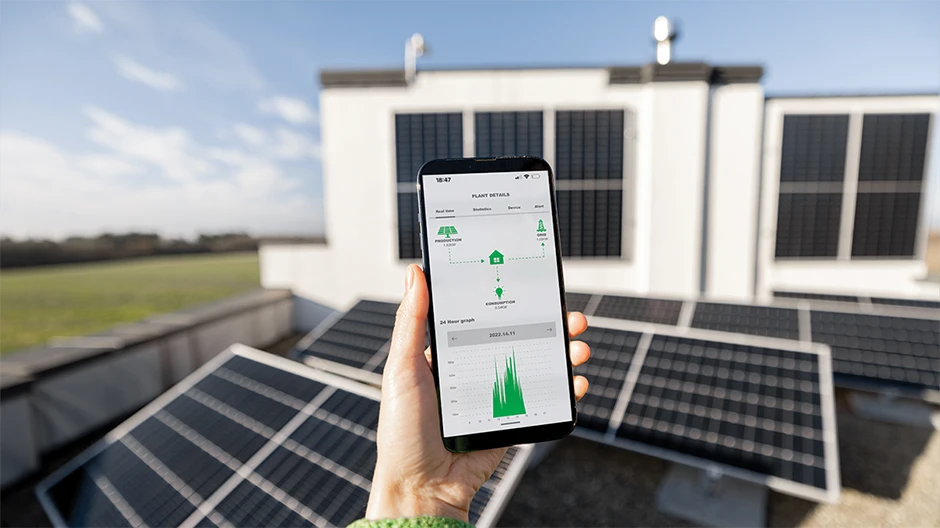
Storing your solar for night-time charging
Without a battery, excess solar energy that isn’t required immediately can be sent back into the grid which delivers owners some reductions in their power bills through a ‘buy-back rate’. If your solar installation has a battery, you can store a certain capacity of solar energy there first, before remaining excess power is fed back into the grid. Storing solar energy can be a real benefit for anyone looking to use this power later in the day when the sun’s rays disappear.
For EV owners, this means overnight charging needs can be supported by stored solar energy. This further reduces the power bill as well as offering a degree of freedom from the grid – even if there’s a power cut you can still charge your EV and remain mobile.
The cost question
The equation of ‘is it worth it’ for solar and EV combined isn’t the same for everyone. The two themes here are ‘upfront cost’ and ‘expected savings’. Whether the cost is worth it will depend on things like how long you’re going to stay in your home for, how often you need to charge your EV – and how much solar energy you can generate.
Work with your solar installer to calculate all the upfront costs and expected savings to give you an estimate to work from.
Who to talk to about getting your solar/EV combo
If you’re aiming to combine solar and EV charging specifically, we’d suggest first chatting to solar power installation providers who can help design a system that will meet your needs. They’ll be able to recommend specific equipment needed. From here, you can look for an EV model that will be compatible with the expected solar set up and generation. You may want to mention your solar power installation plans with EV dealers so they can help guide you on your choices of car, but also any charging equipment that may be needed.
And if you need a power plan that is designed to get the most out of your solar energy, learn more about Meridian’s Solar Plan. If you switch to our EV Plan, you can still export your solar to us.
Living with this set up
Once you’re living with solar panels generating electricity to your home and EV, you’ll want to monitor things closely to make sure that it’s working as intended. If you work from home during the day, you can align your EV charging schedule with solar production in real time. Otherwise, you’ll want a battery to top up overnight.
Combining solar with grid-supplied power is a necessity for most in New Zealand, so don’t expect your power bill to completely disappear. You’ll notice a decrease in what you’re paying your power company each month, though. Together with the savings you enjoy running an electric vehicle, this can free up more in the monthly budget for other expenses.
All things EVs
Thinking of making the switch? We’ve got info on what they cost, why they’re great and heaps more to help you on your journey.
All articles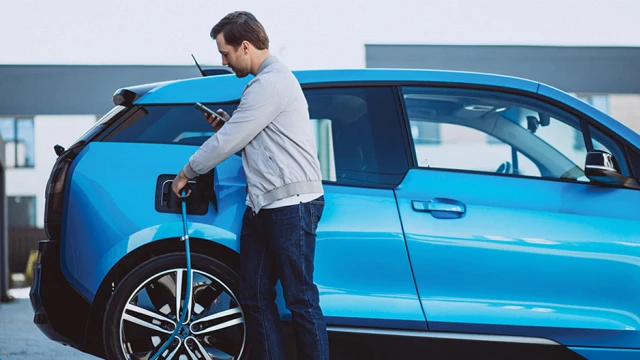
Owning an electric vehicle in New Zealand
An EV doesn’t just mean different technology, it brings with it different habits than those of a regular car.

Things to look out for with a used EV
In this guide we cover the main parts of a used EV to check – whether that’s at a used car dealer or in a private sale...
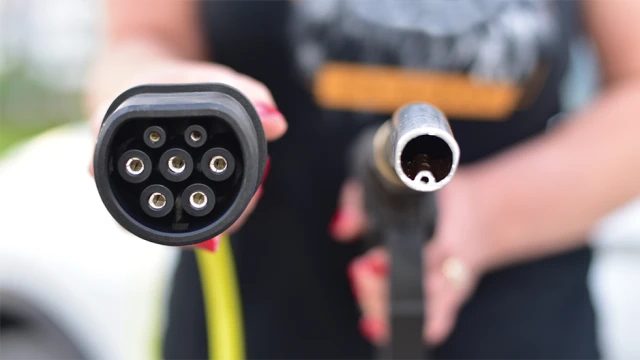
Electric Vehicles vs. Petrol or Diesel - Pros and Cons
Let’s talk about some common pros and cons that you might find with EV vs. ICE so you can make an informed decision on...
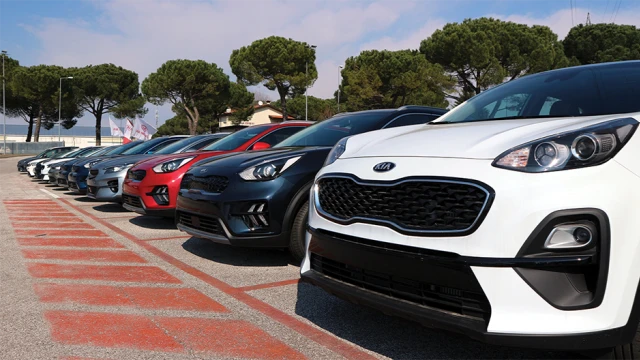
Comparing different EV options
In this guide, we provide some handy tips that you can refer to when comparing electric vehicles on your shortlist.
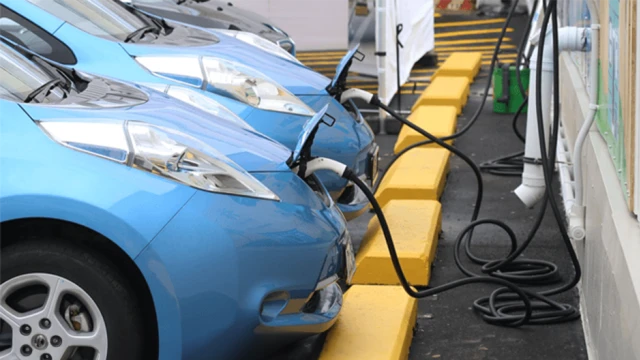
Useful information about EV charging at your business
Getting charging infrastructure for your business has many benefits. Here’s some important things to keep in mind.
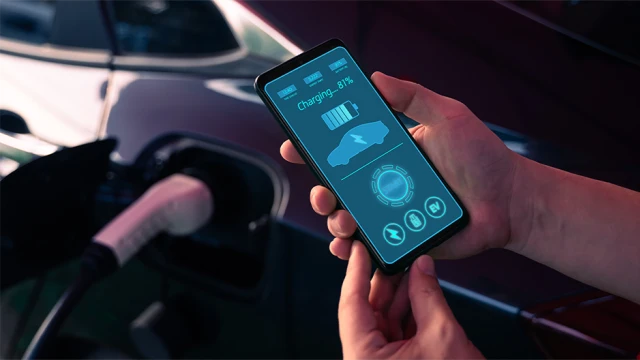
The guide to EV batteries
This guide will give you a head start when shopping around for an EV, or to simply understand your existing electric...

We’re levelling up the way we do transport
At Meridian, we’re committed to demonstrating our support of low emissions transport on the roads and in our waterways.
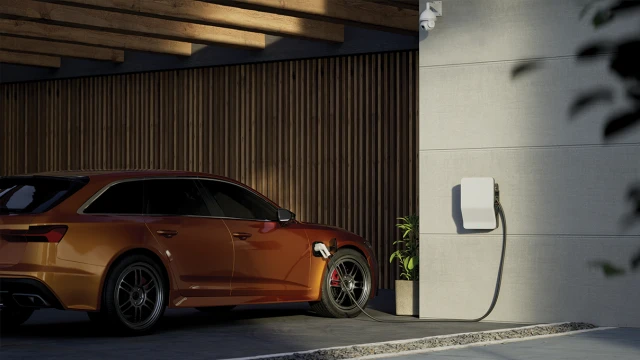
Are EVs worth it?
Many people are asking this question when shopping for a new vehicle. In this guide, we'll tackle whether you should...

Choosing an EV for a family
Any car purchase is a big deal, and it takes time to find the right model. Our guide below explores the family car...
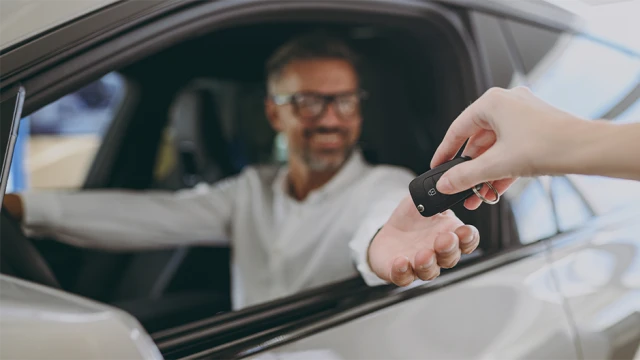
Top considerations when buying an EV
Buying an electric vehicle (EV), especially for the first time, is an exciting process. In this guide we explore the...
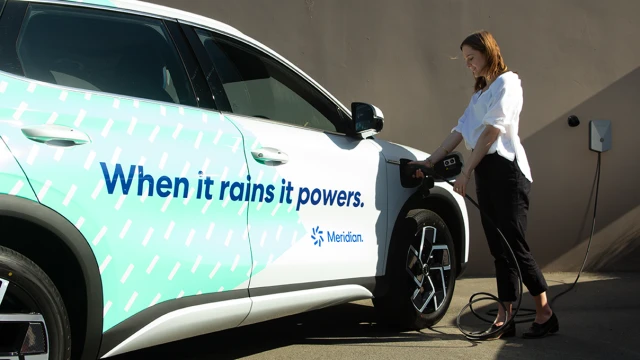
Considering an EV? The top three considerations for EV charging
When it comes to EV ownership, energy is often the last thing considered. Find out the top considerations for EV...
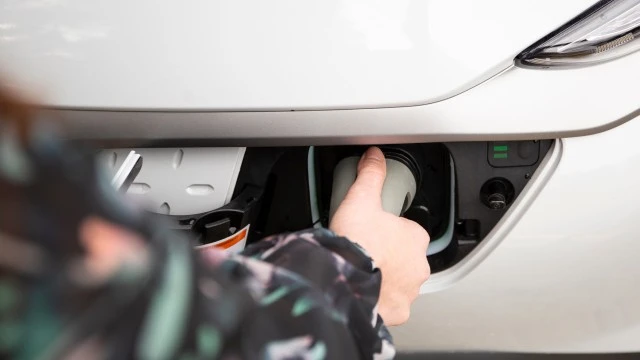
Charging EVs
Unlike petrol stations, chargers for your EV aren’t quite so common. Don't worry though, you’ve got options.
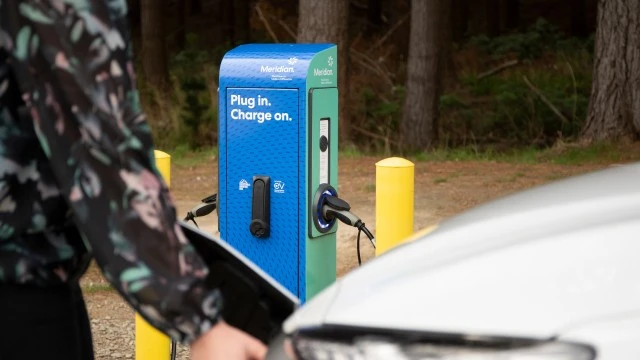
Plug vs pump – an electric car cost comparison
How much does it cost to buy an EV? And how much does it cost to charge?
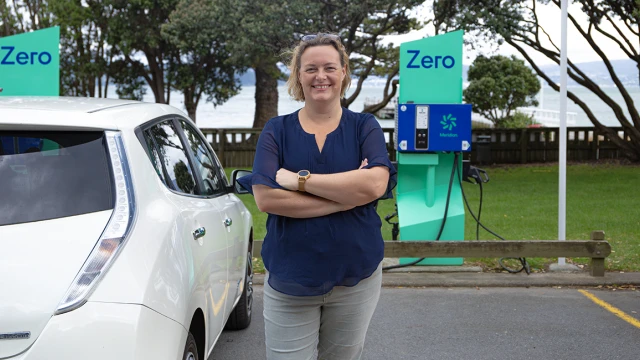
Is it worth buying a second-hand Nissan Leaf?
We chatted with Sophie about buying and owning a second-hand Nissan Leaf and how that’s working out for her family.
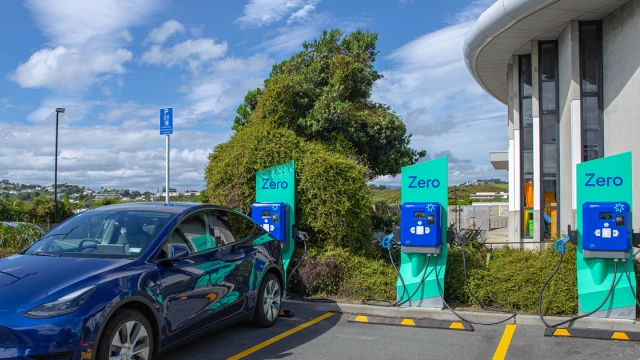
The top 5 unspoken rules of public EV charging
Don’t be that person… the one who bothers other drivers at public EV charging stations. Lucky for you, we’ve got the...